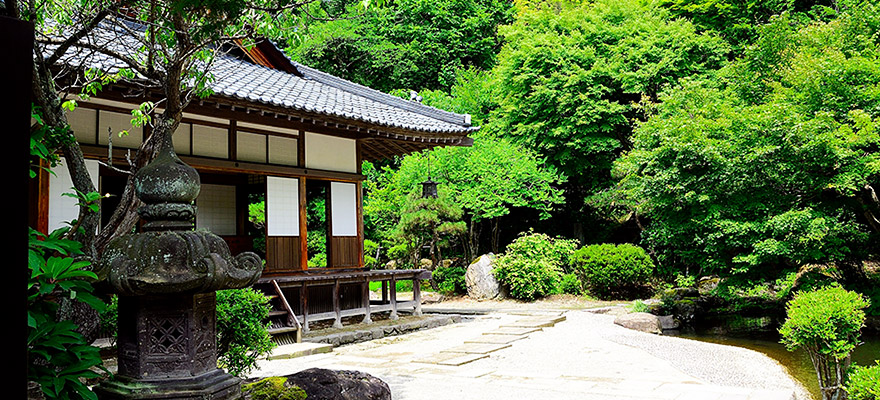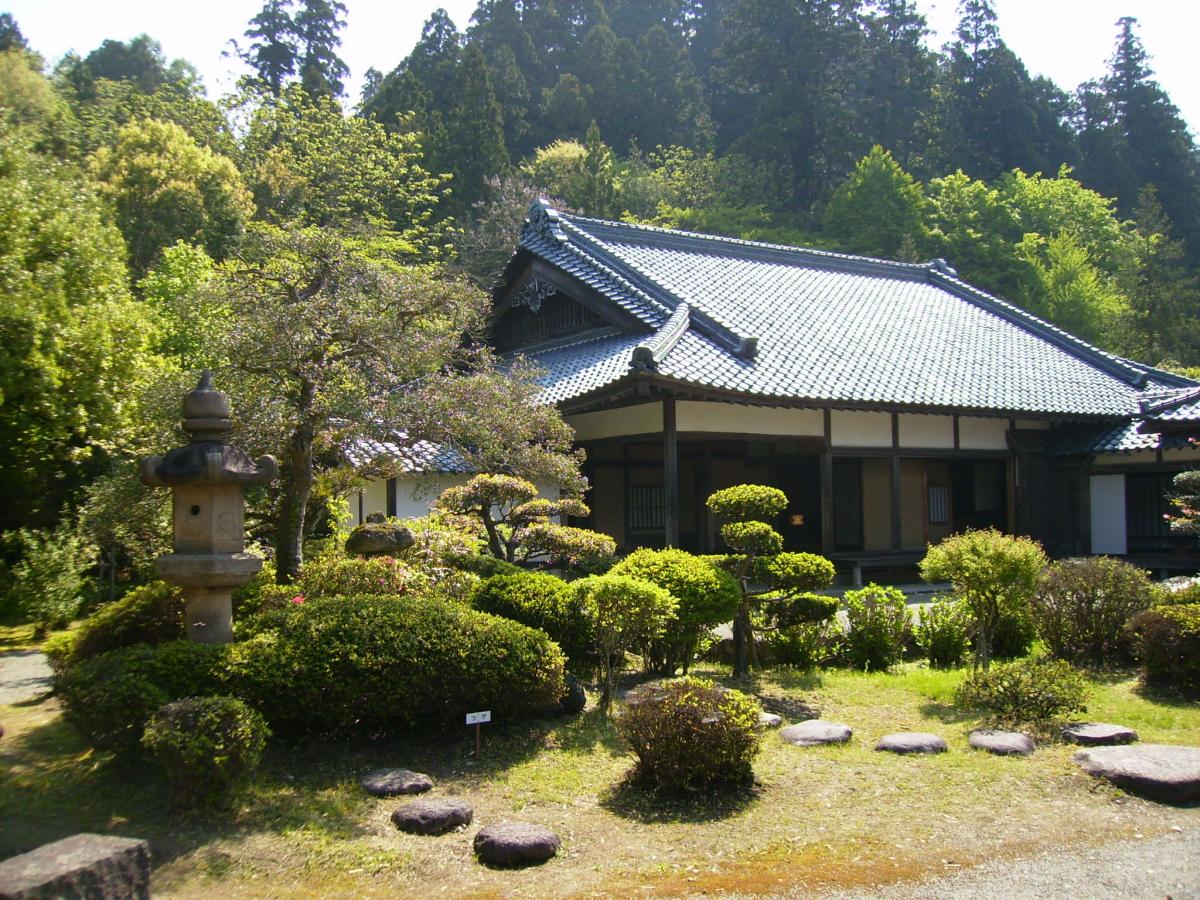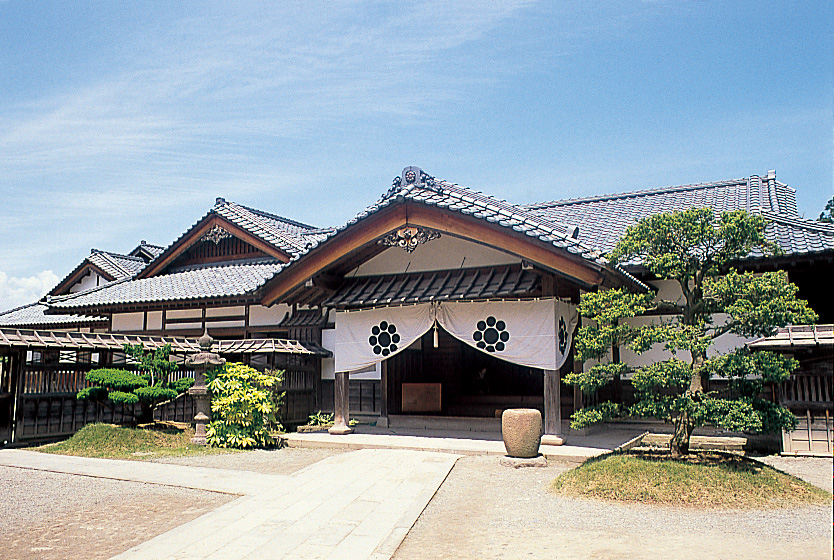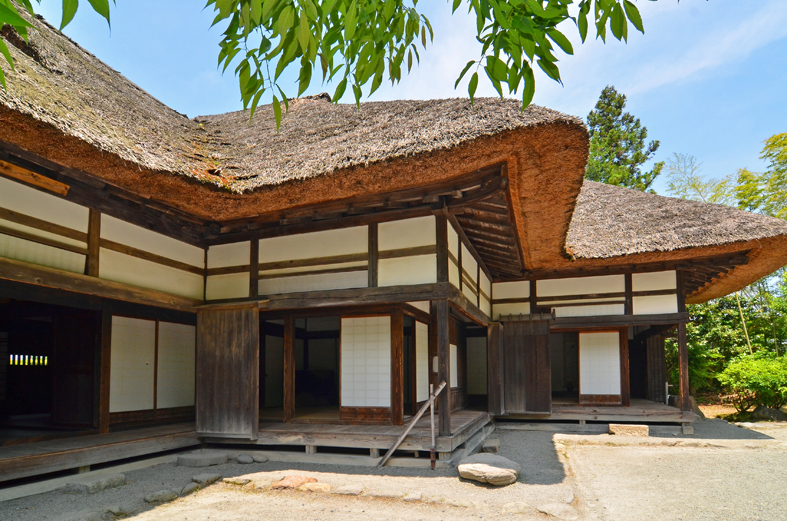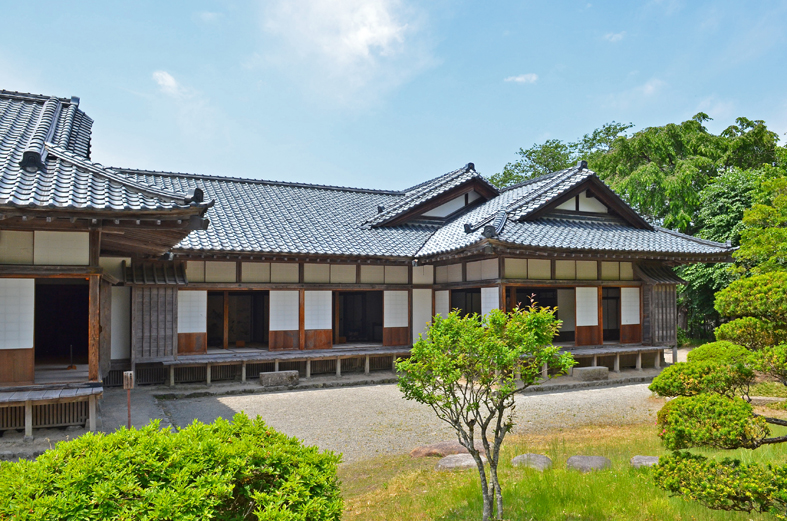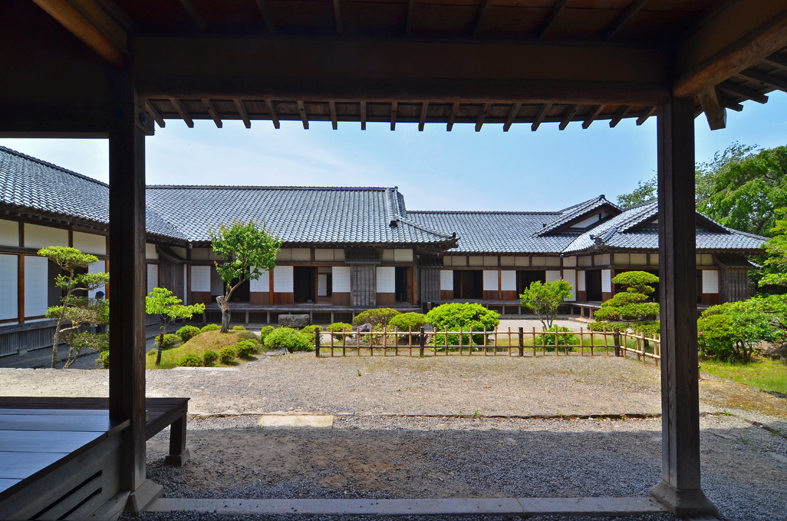The Aizu Bukeyashiki - Samurai Residence
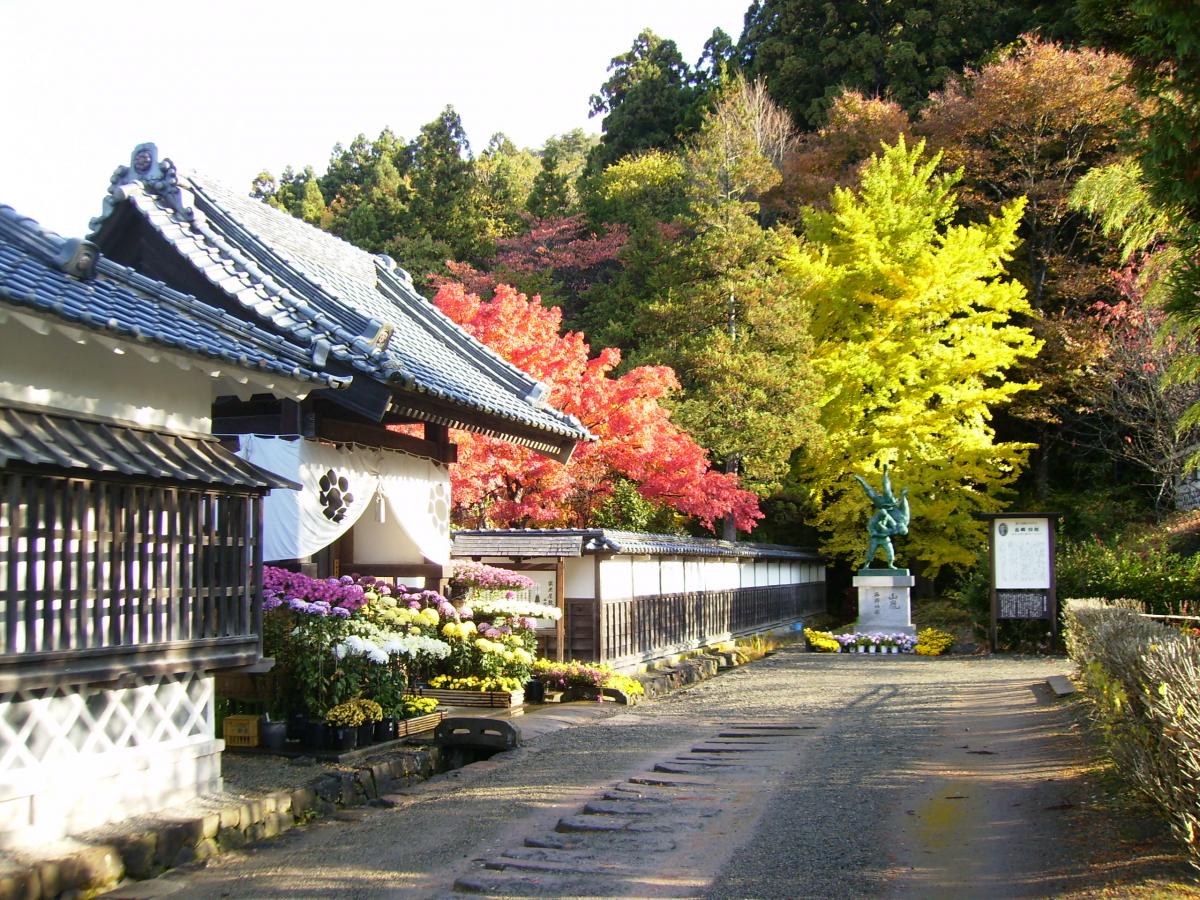
The residential complex of a top-ranking Aizu retainer, and other Important Cultural Assets of Fukushima
The residential complex of a top-ranking Edo period Aizu retainer, Tanomo Saigo, is featured at this museum park. There is also a bailiff’s office that has been designated an Important Cultural Asset of Fukushima Prefecture, as well as a tea house, a rice mill, and other buildings of historical interest on the grounds. In the 38 roomed Japanese house, wax figures demonstrate how samurai families lived in the old days.
There is a shop carrying traditional Aizu craftwork and souvenir items in the main building, as well as a restaurant serving local cuisine.
You can experience hands-on activities including painting akabeko and okiagari koboshi, or enjoy a set of quiz cards (300 yen for one set of 3) teaching about the history and culture of Aizu. If you answer them correctly, you will receive a prize.
【TEL】0242-28-2514 【Business hours】8:30-17:00(April to November) /9:00-16:30(December to March)
【Regular holiday】Open throughout the year 【Fee】Adults:850yen/High & Junior High School Students:550yen/Elementary School Students:450yen(As of March 1, 2017)
【Access】By Car:20 minutes from the Aizuwakamatsu IC exit
By Bus:one minute on foot from the Haikara-san/ Akabe "Aizu Bukeyashiki mae" bus stop
Related Places
-
- Tsuruga-jo Castle
-
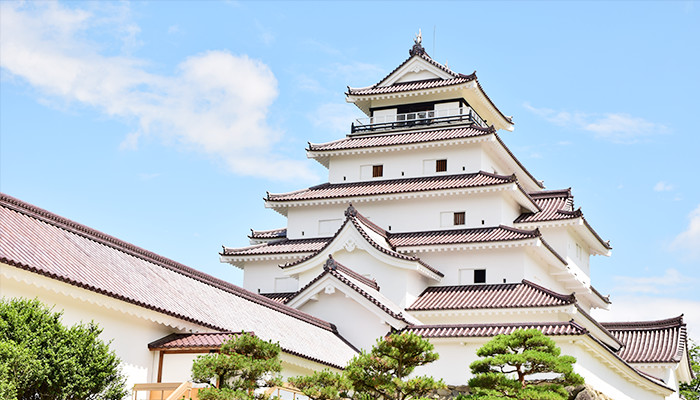
National Historic Site Tsurugajo castle, the city's main tourist landmark, made its comeback with the newly red-tiled tower..read more
-
- The Grave of the Matsudaira Family
-
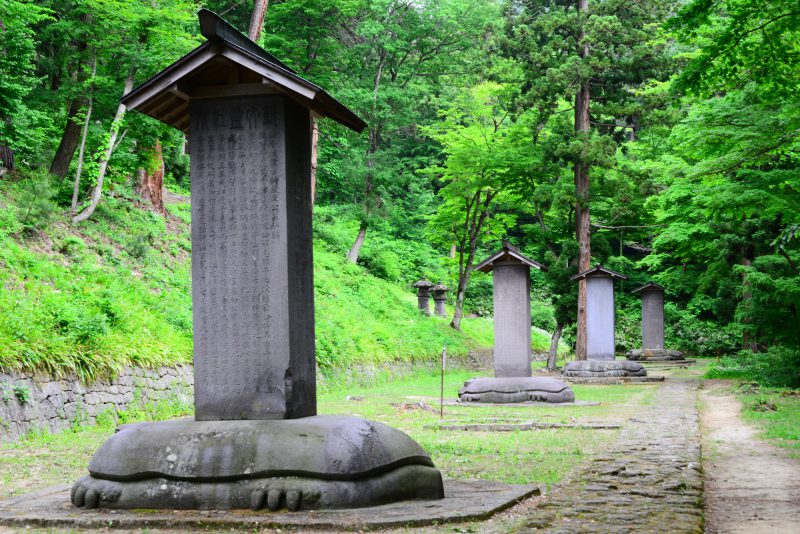
An extensive hillside historic site, where the lords of the Matsudaira family rest..read more
-
- Mt. Iimoriyama
-
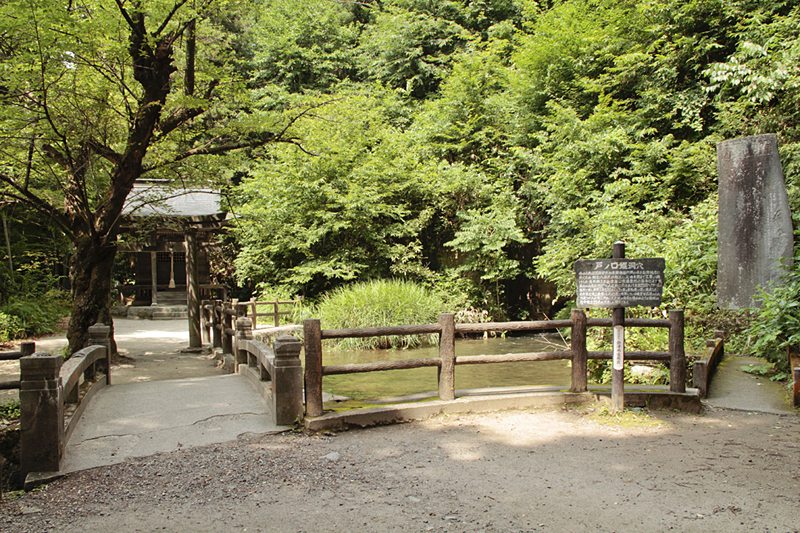
Mt. Iimoriyama with a spot such as a 【The Gravesite of the 19 Members of the Byakkotai】【Byakkotai Memorial Hall】【Sazaedo】【Itsukushima Shrine】【Ugashindo】..read more
-
- Sazaedo Temple
-
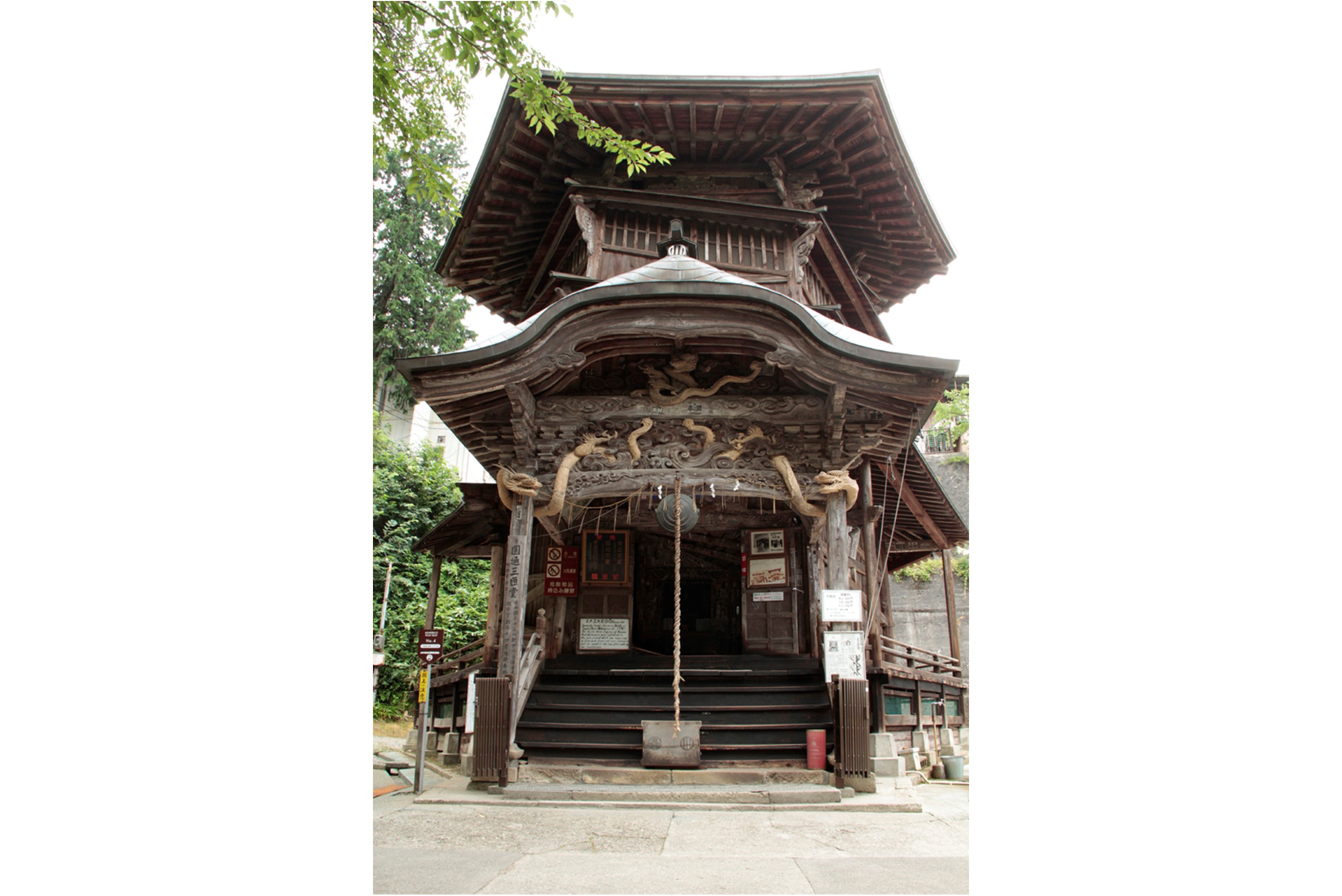
This picturesque temple built of wood at the base of Mt. Iimori features an unusual design: a double-helix spiral structure, with no floors or stairs. Visitors follow a ramp-like walkway through th.....read more
